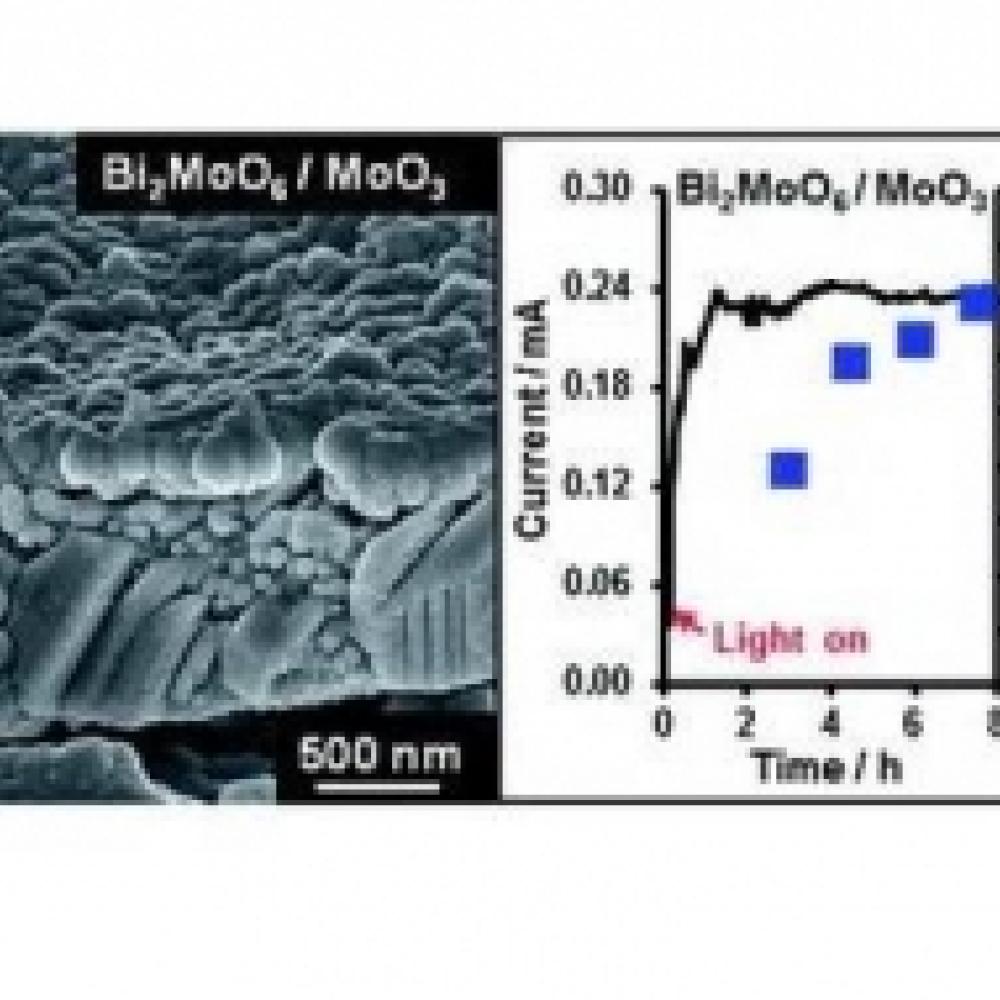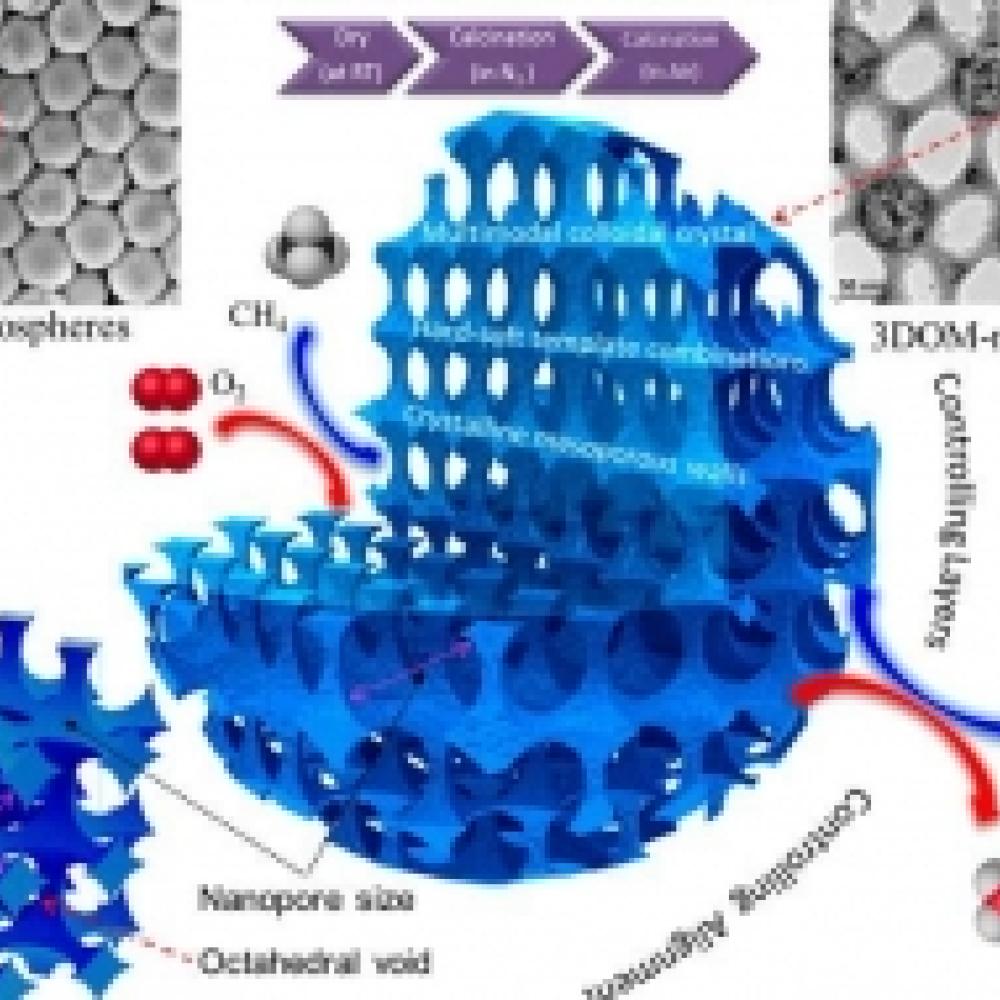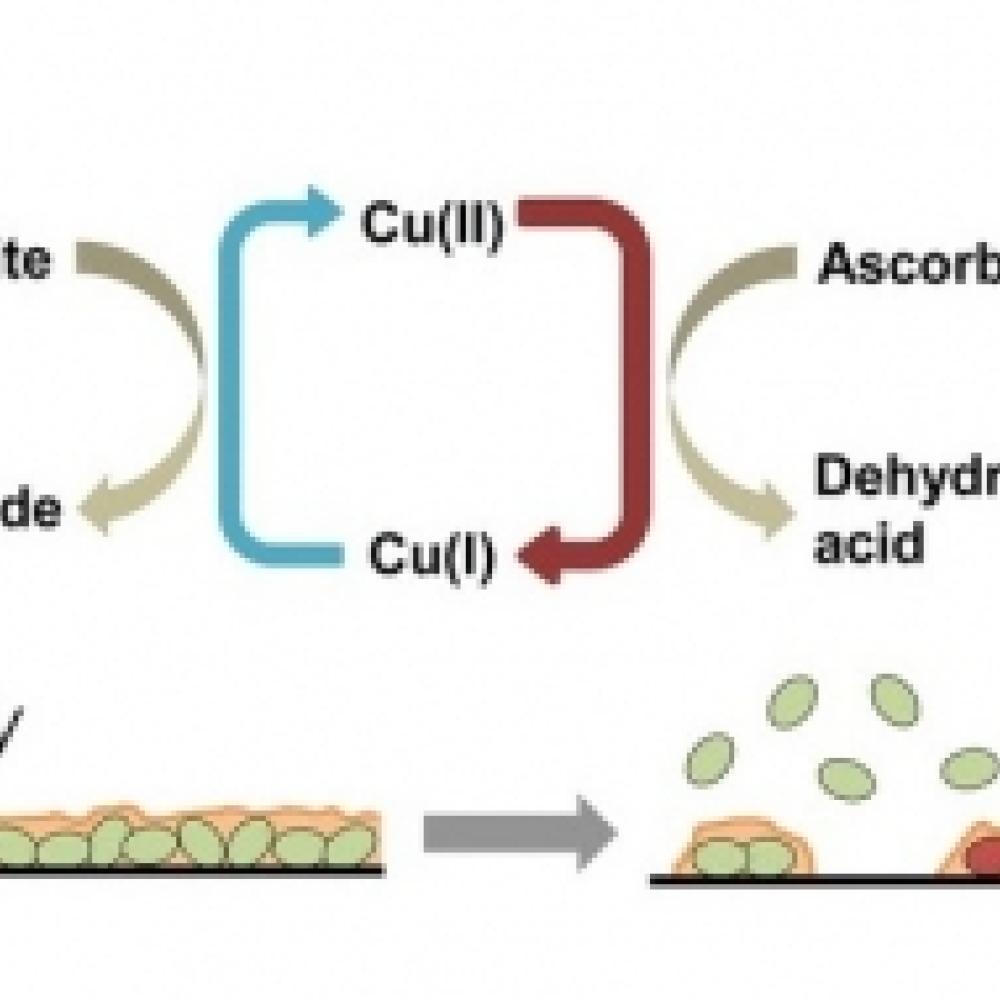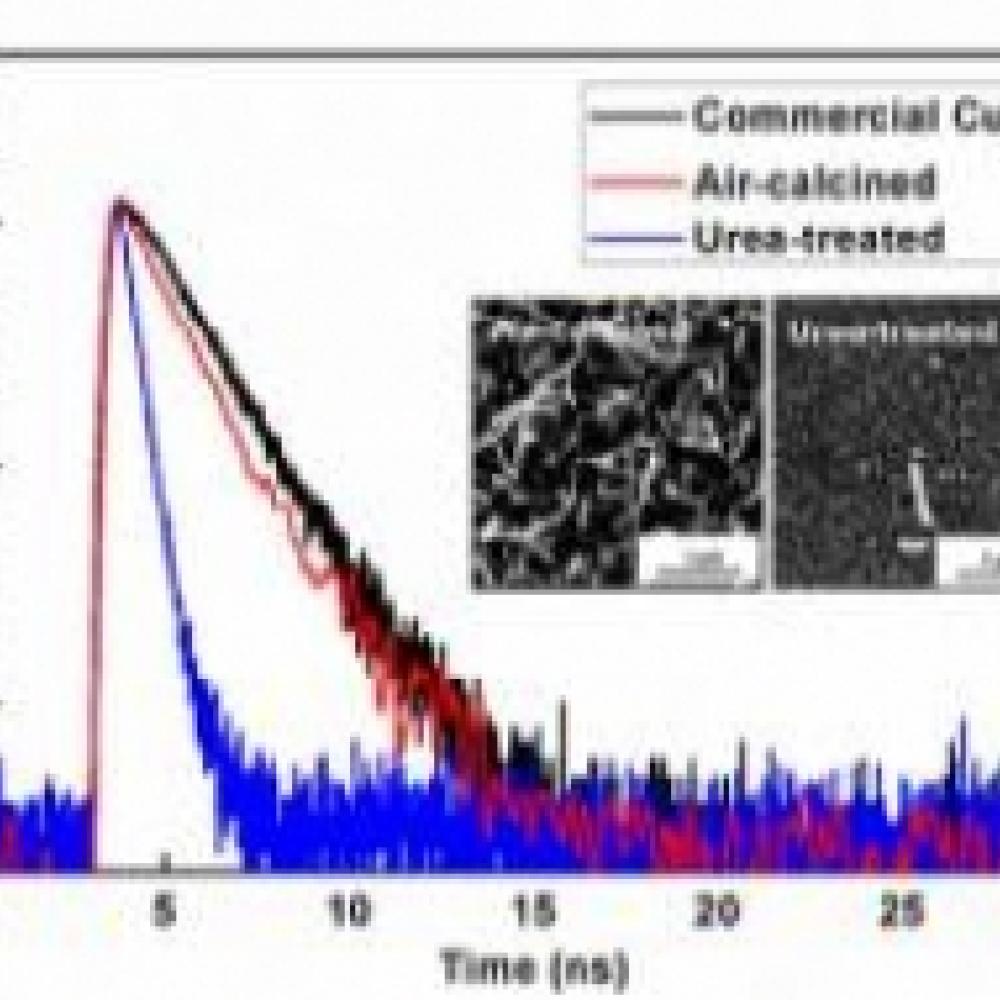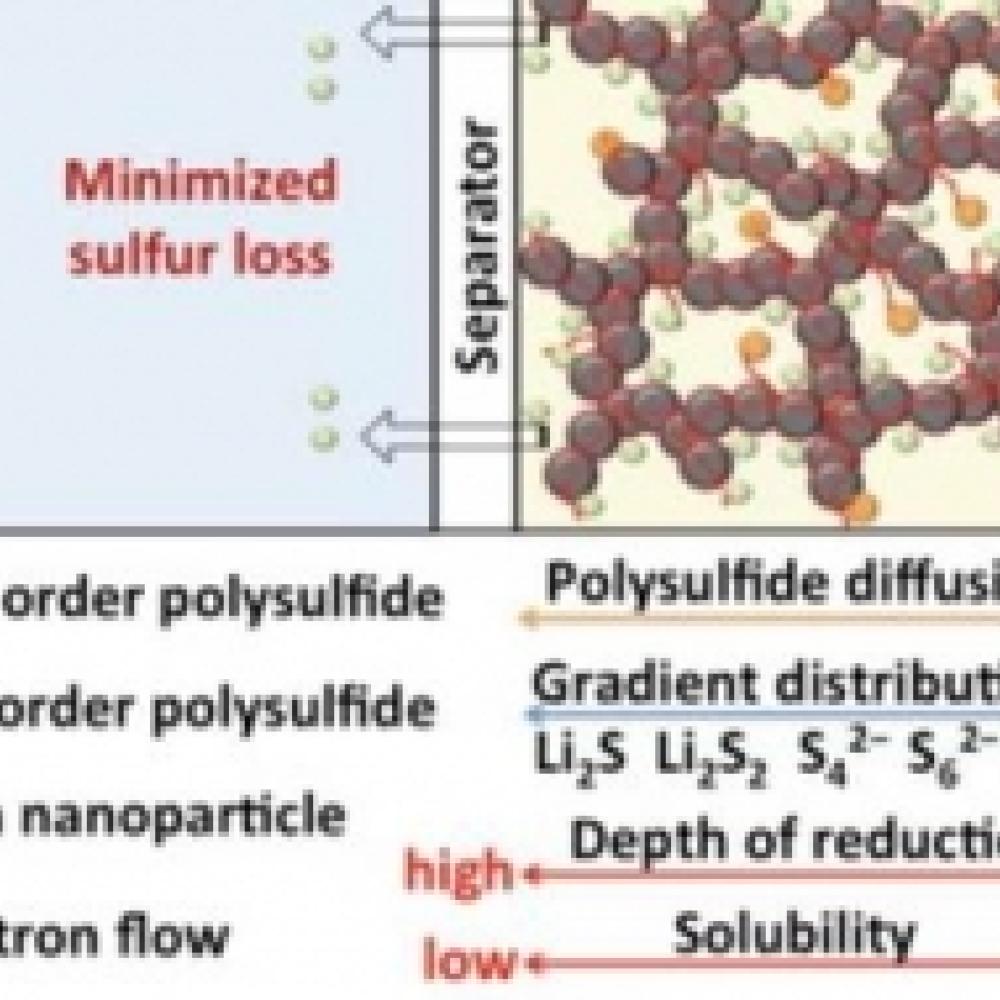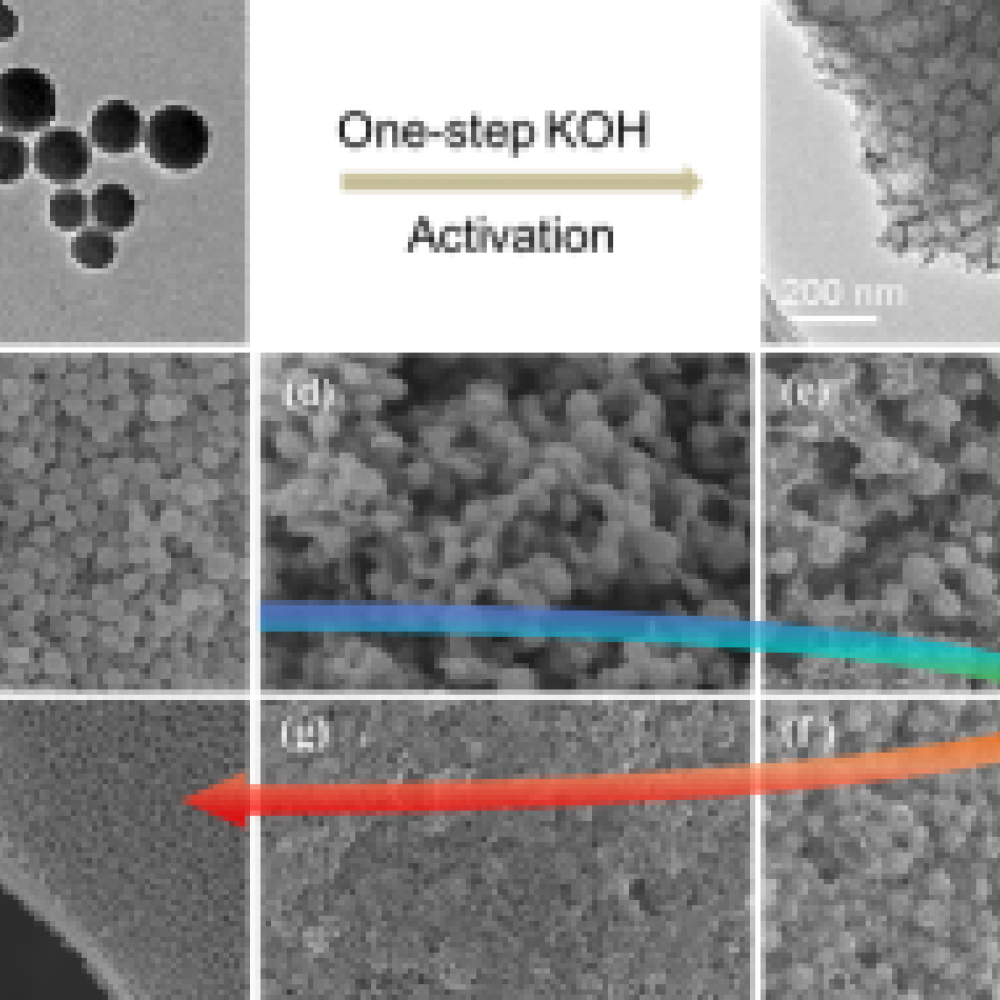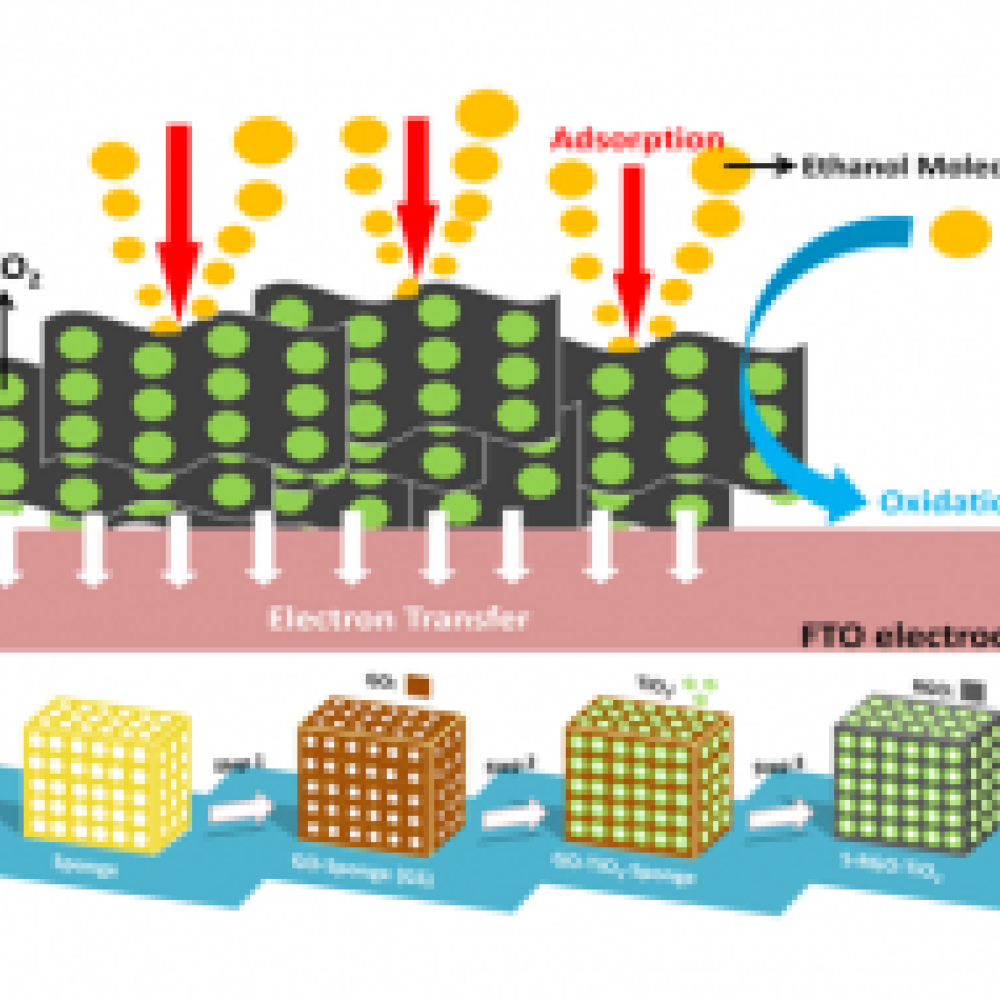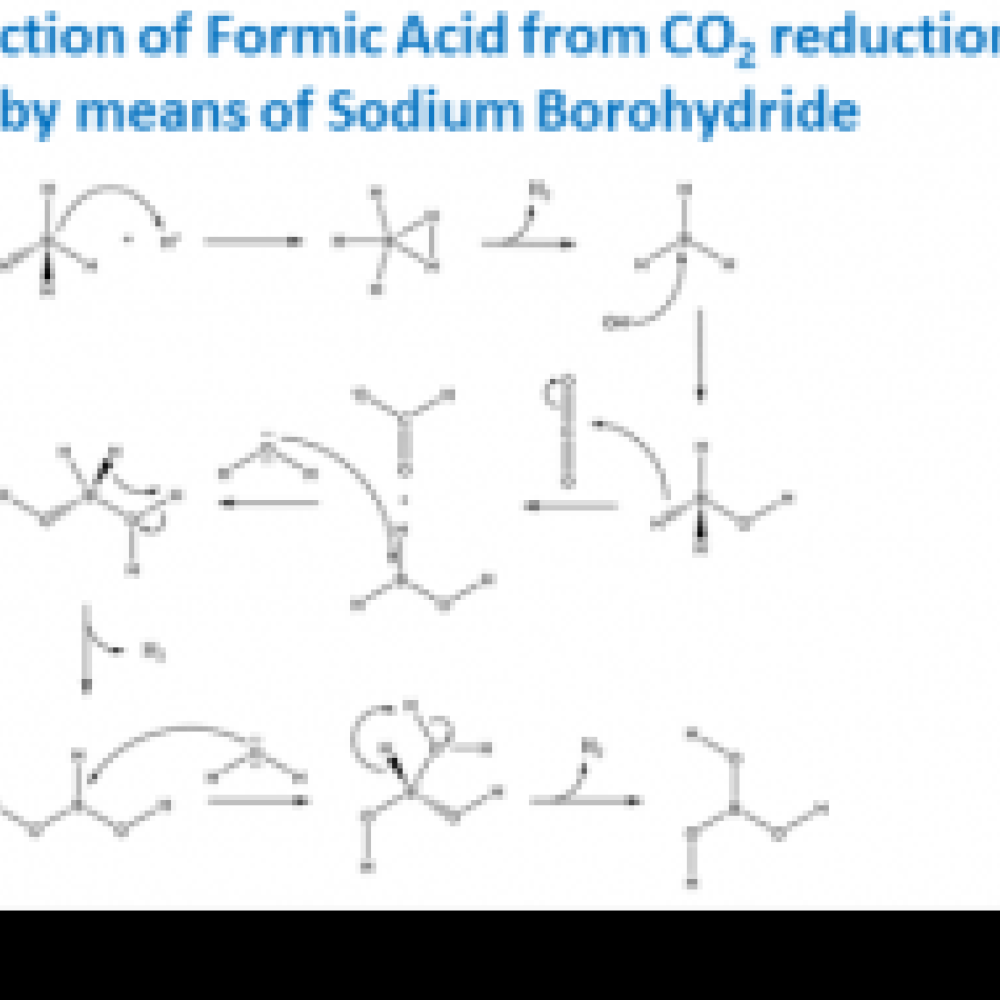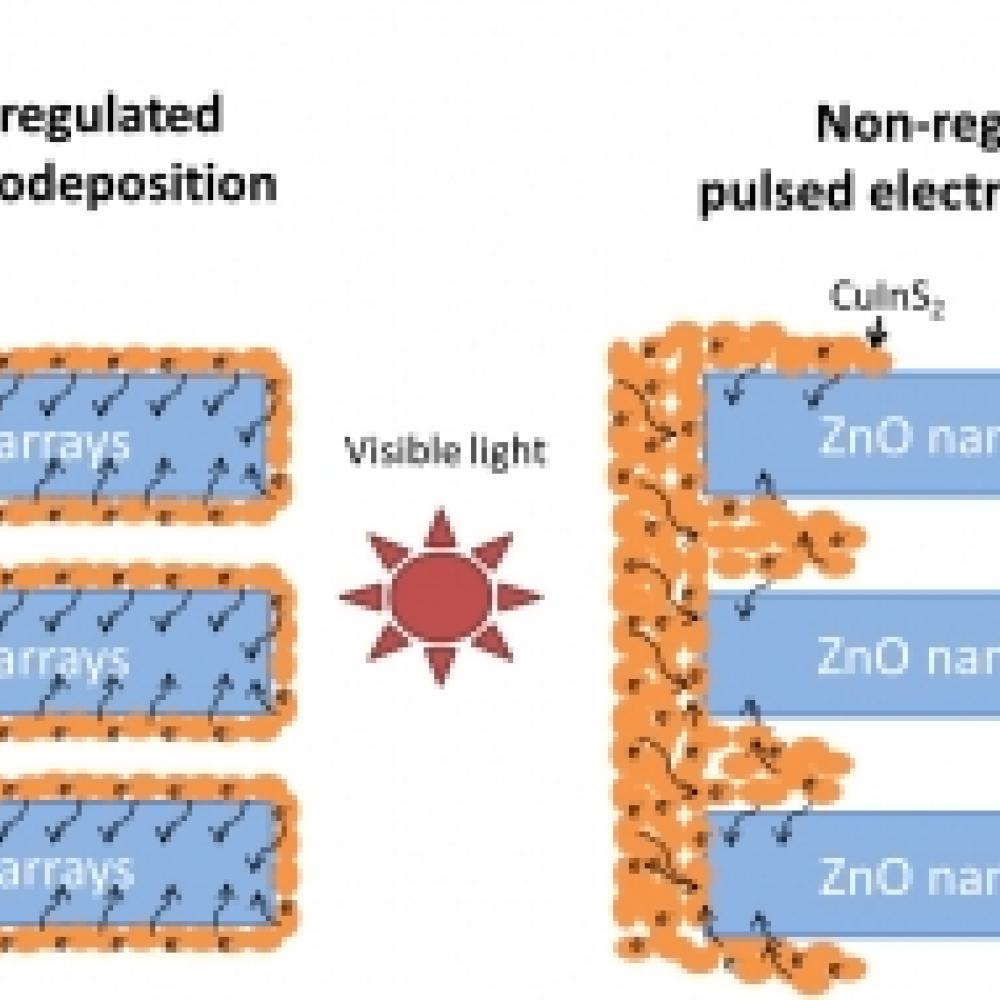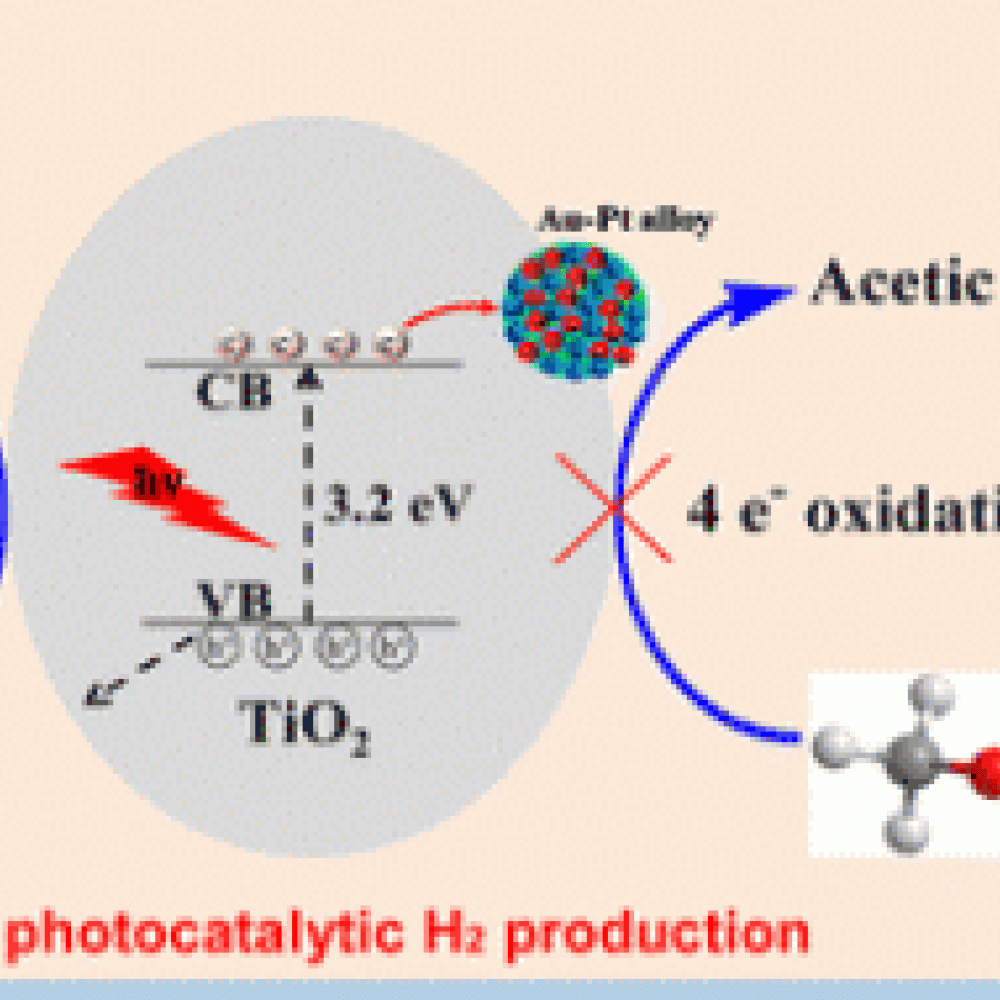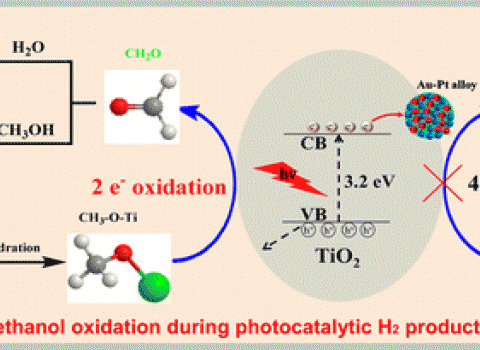
New article in ACS Catalysis
Insight into molecular mechanism of Hydrogen production over Au-Pt/TiO2 photocatalysts.
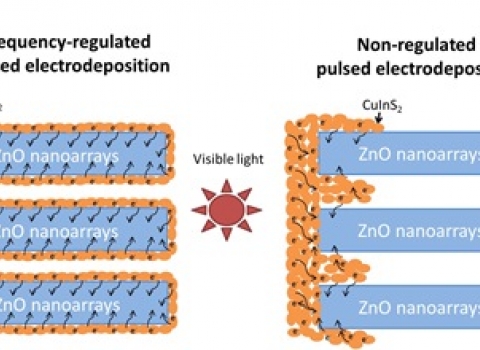
Advanced article in J. Materials Chemistry A
How to fabricate the perfect CuInS2-ZnO visible light photoanodes ?
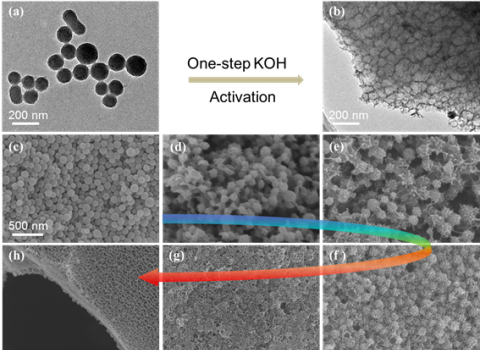
Research News in Advanced Materials
What are the recent progress on the synthesis of two dimensional porous carbon (TDPC) sheets ? Follow Wang et al in solving the challenges faced for preparation of TDPC and their applications.
Research highlights showcased
This section showcases our group's recent research highlights. From reporting our novel findings, we have made the frontispiece of high impact journals and our research has been crowned as the ‘hot article', ‘most read/accessed’ and 'editor's choice'.
If you are unable to access the full article or would like to know more about the works, please email Professor Rose Amal: r.amal@unsw.edu.au
